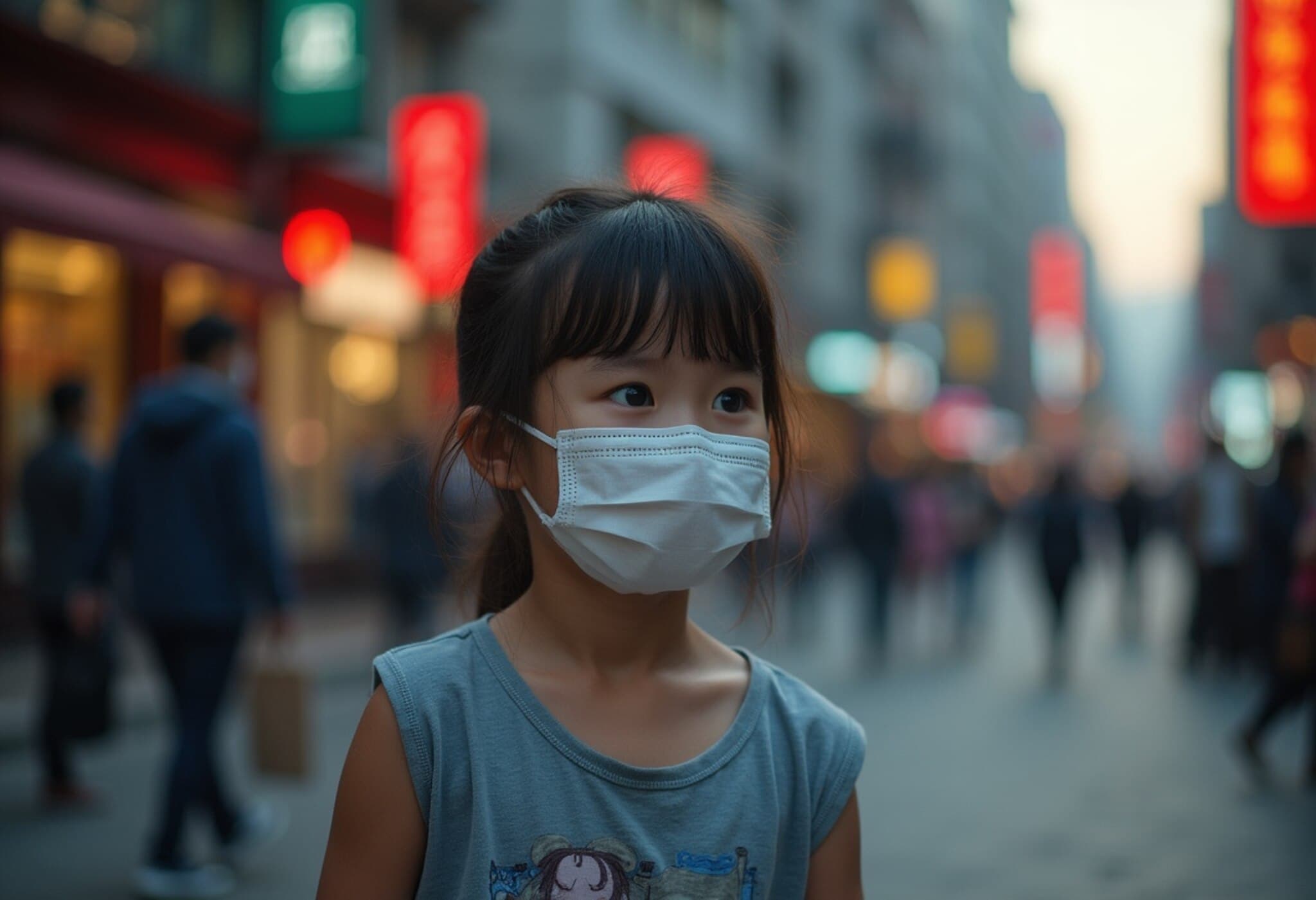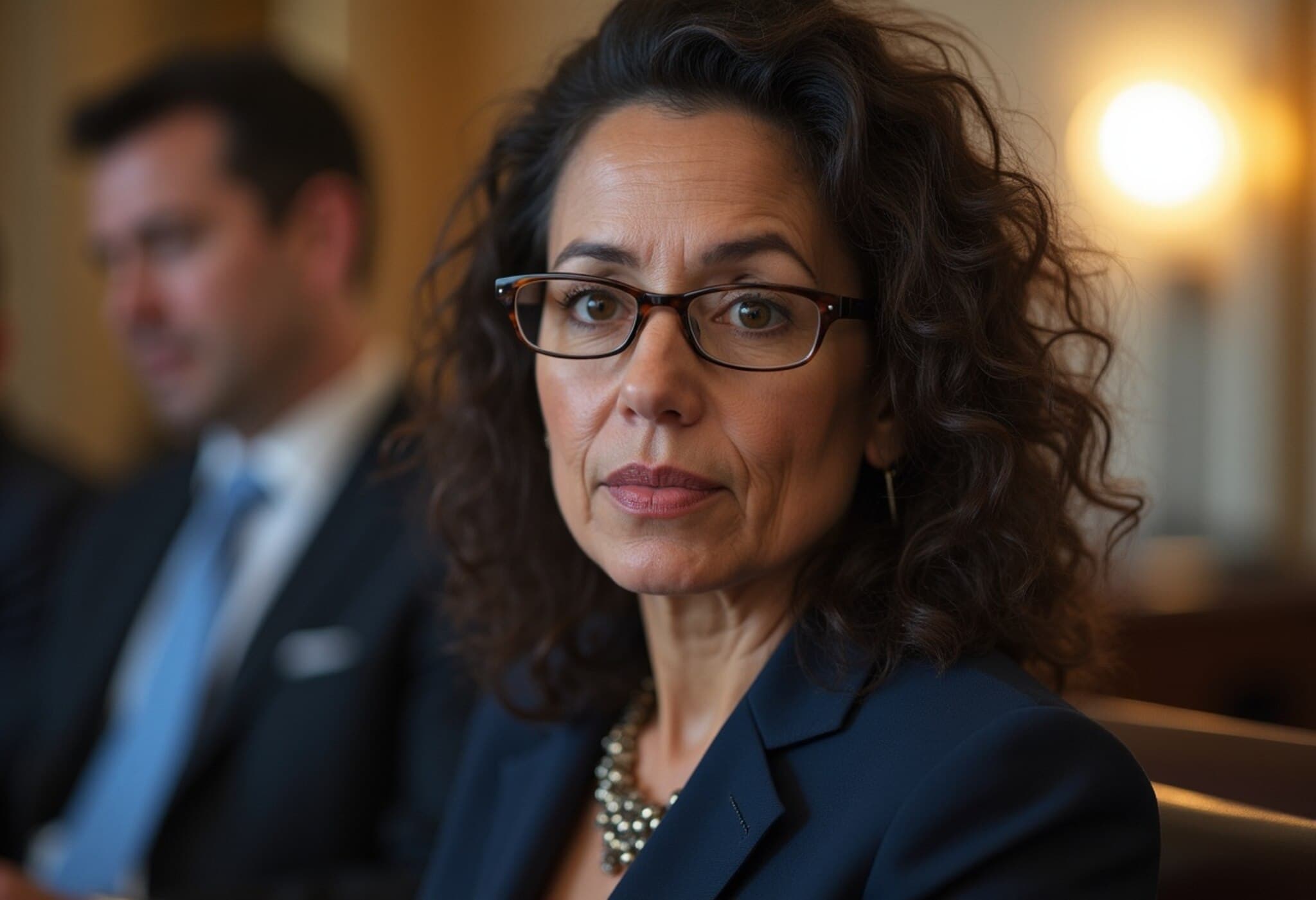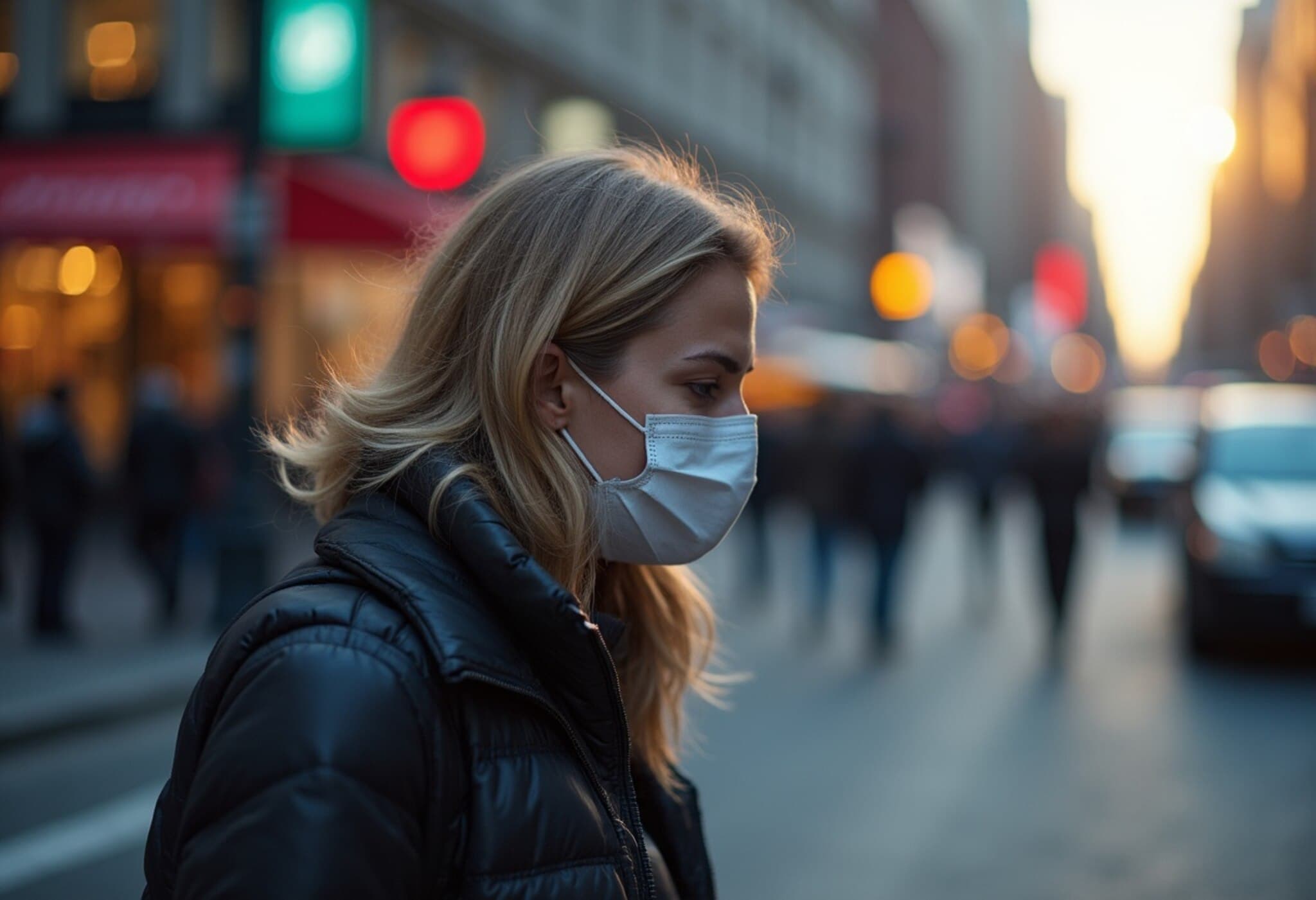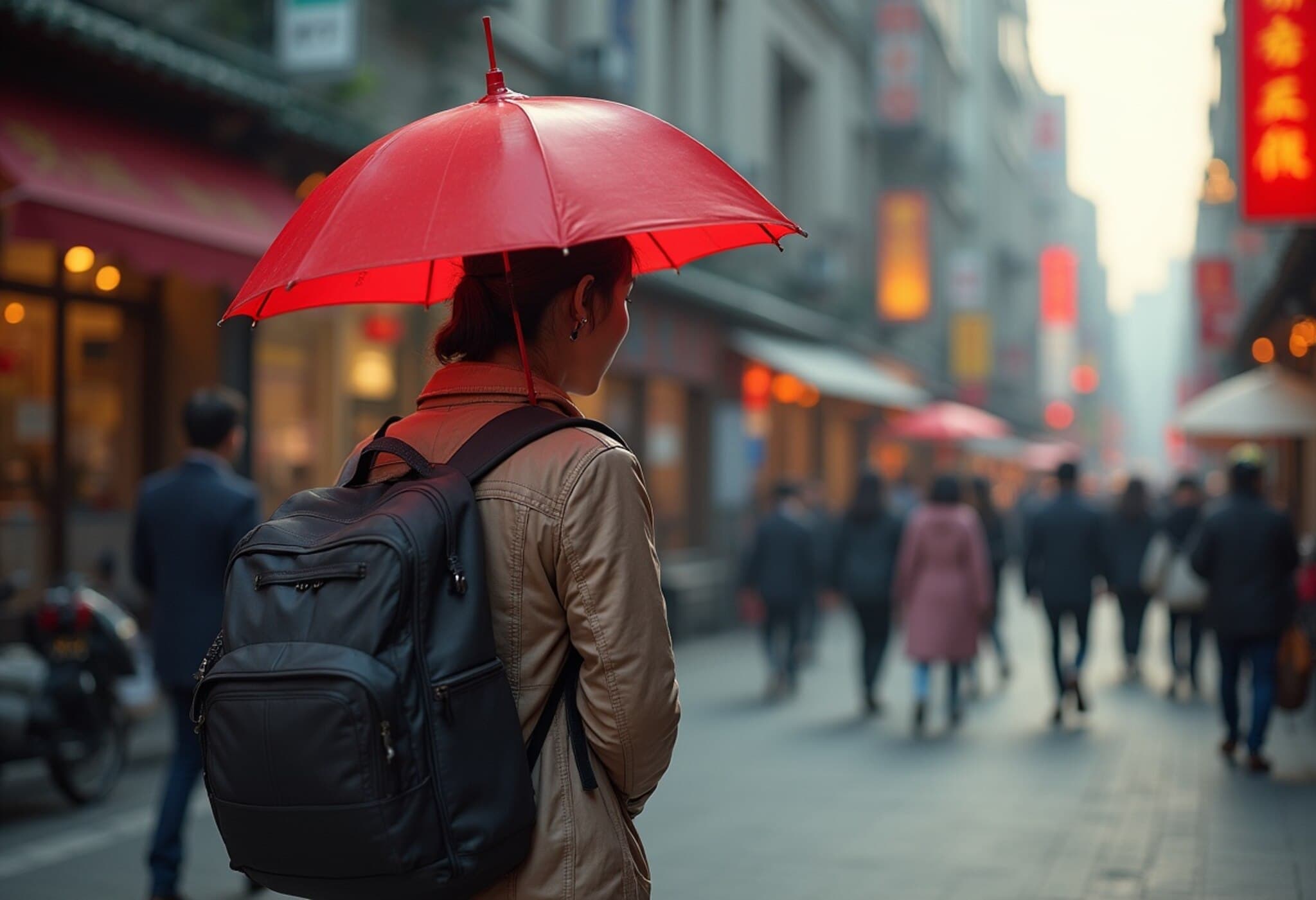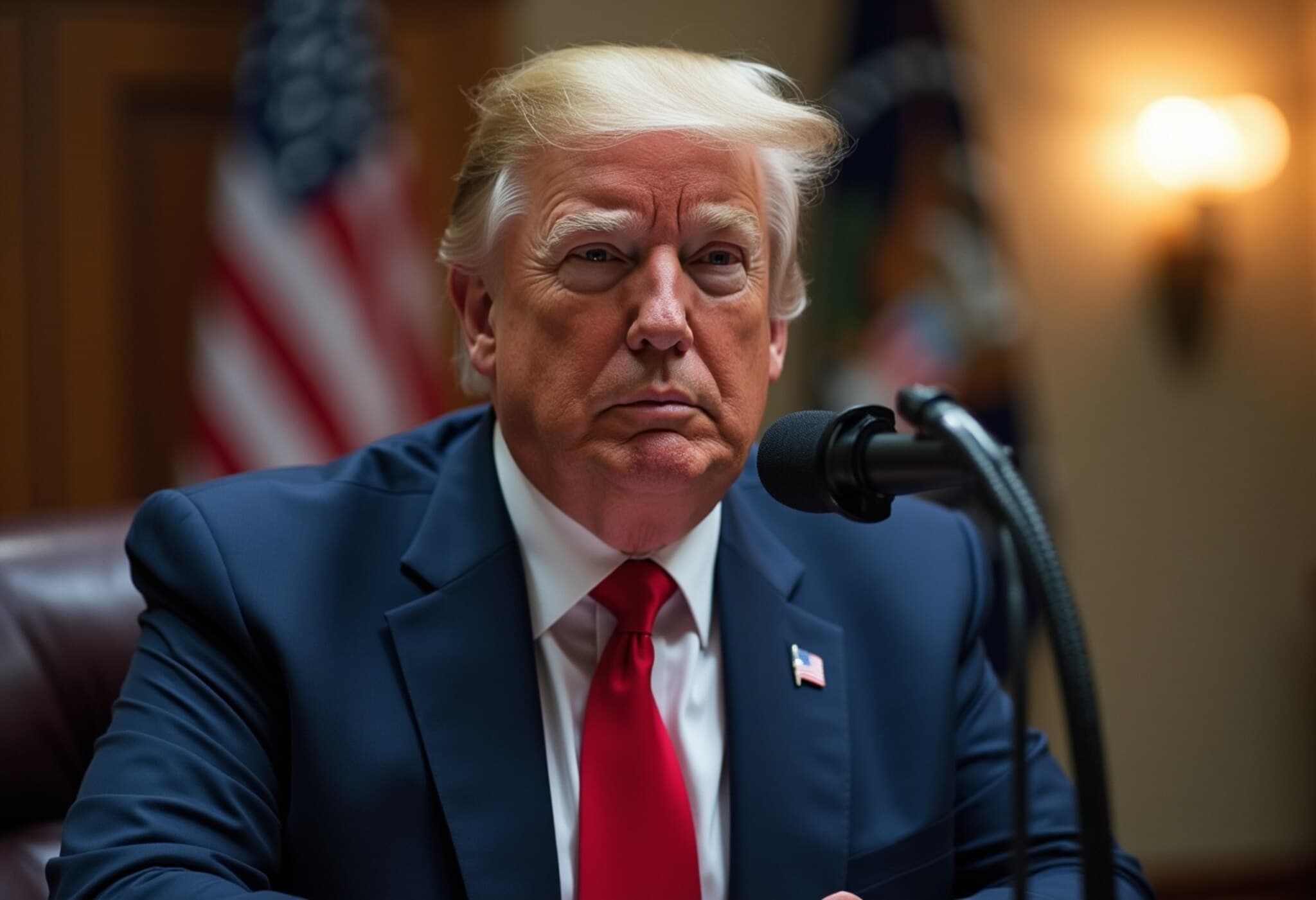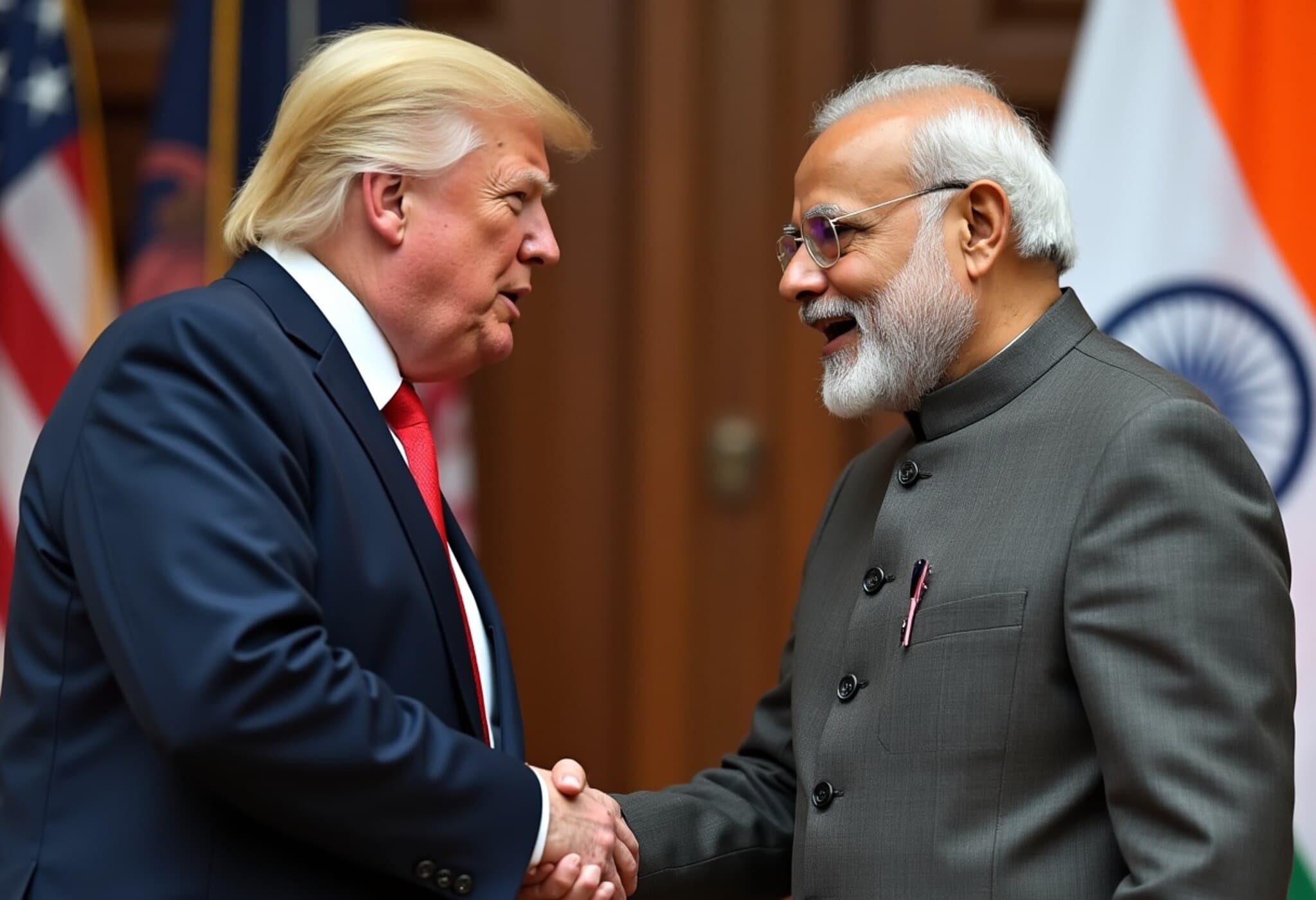China’s Aggressive Chikungunya Response Raises Privacy Concerns
In a startling turn amid a growing outbreak of the Chikungunya virus in southern China, residents in Guangdong province are expressing alarm over the government’s escalating public health measures – particularly the collection of blood samples from children without parental consent during the dead of night. This unfolding controversy puts a spotlight on the delicate balance between public health priorities and individual rights in the digital surveillance age.
The Midnight Raid: A Mother’s Viral Account
A single mother from Zhanjiang returned home after a late-night shift only to discover uniformed officials, including police officers, had entered her residence and drawn blood from her two young children while they slept. The mother shared a heartfelt video on Chinese social media describing her shock and anger that no consent was sought before the intrusive procedure.
The officials justified their actions by citing a report from a local pharmacy that flagged her son’s fever symptoms to health authorities. Nonetheless, the incident ignited a fierce debate online, with a Weibo hashtag amassing nearly 90 million views within days, questioning whether public health enforcement had crossed ethical boundaries.
Chikungunya Outbreak and Government Response
The outbreak stems from Chikungunya, a mosquito-borne virus reported in over 8,000 cases since it emerged recently in Foshan, approximately 260 km from Zhanjiang. Although the disease rarely proves fatal, it causes debilitating fever, joint pain, and nausea and presents greater risk for children, the elderly, and immunocompromised individuals. Crucially, Chikungunya cannot be transmitted directly between people, only by mosquito bites.
In response, Guangdong’s Governor Wang Weizhong mandated intensified surveillance and control measures starting August 4. These include:
- Mandatory pharmacy reporting of fever medication sales,
- Elimination of mosquito breeding sites such as stagnant water,
- Heightened public education to promote personal mosquito protection measures.
This strategy echoes the stringent zero-COVID lockdowns that China employed earlier in the pandemic — a move that has arguably eroded public trust over the past three years.
Public Outcry: Privacy vs. Protection
While officials assert attempts were made to reach the mother before entering her home, social media users are deeply unsettled by the invasive nature of the intervention. One Weibo comment sums it up: “This isn’t disease control. This is a violation of basic rights. If this can happen to children while their parent is working, who is safe?”
The incident highlights an urgent policy challenge: how to effectively manage a public health crisis without infringing on civil liberties and family privacy, especially given China’s high surveillance environment. The question resonates beyond China too, as nations worldwide grapple with balancing health security and individual freedoms.
Expert Insight: The Legal and Ethical Dimension
From a legal standpoint, international human rights frameworks emphasize informed consent for medical procedures, particularly involving minors. The Chinese government’s current approach risks undermining these principles, potentially fueling skepticism about official intentions.
Public health experts acknowledge that rapid testing and containment are vital to curbing vector-borne diseases. Yet, the ethical conduct of such measures requires transparent communication and respect for personal autonomy to maintain public cooperation.
Underreported Questions and Regional Relevance
This episode also prompts deeper inquiries often overlooked in mainstream discourse:
- How sustainable is a public health strategy reliant on surveillance and coercive measures in the long term?
- Are there trusted community partnerships or voluntary models that can enhance disease reporting without infringing on rights?
- What lessons can U.S. and global public health agencies learn from China’s experience regarding community engagement and privacy protections?
For the U.S., where balancing pandemic preparedness with civil liberties remains contentious, the Chinese case serves as a cautionary tale about potential public backlash against heavy-handed health interventions.
Looking Ahead: A Path to Trust and Transparency
China’s first significant Chikungunya outbreak has exposed more than just a public health threat; it reveals rifts in trust between citizens and authorities still raw from pandemic restrictions. As Guangdong pursues containment, fostering open dialogue, guaranteeing informed consent, and respecting privacy rights will be essential to preserving social cohesion and effective disease management.
Editor’s Note
While swift action is crucial in tackling emergent infectious diseases like Chikungunya, this incident in Guangdong underscores that public health strategies cannot be detached from ethical and legal norms that protect individual rights. The viral response to midnight blood draws on children may well serve as a pivotal moment, urging governments worldwide to reconsider how surveillance-based health policies impact trust and community resilience. Readers are encouraged to reflect on where the line should be drawn between safety and privacy in their own societies.

